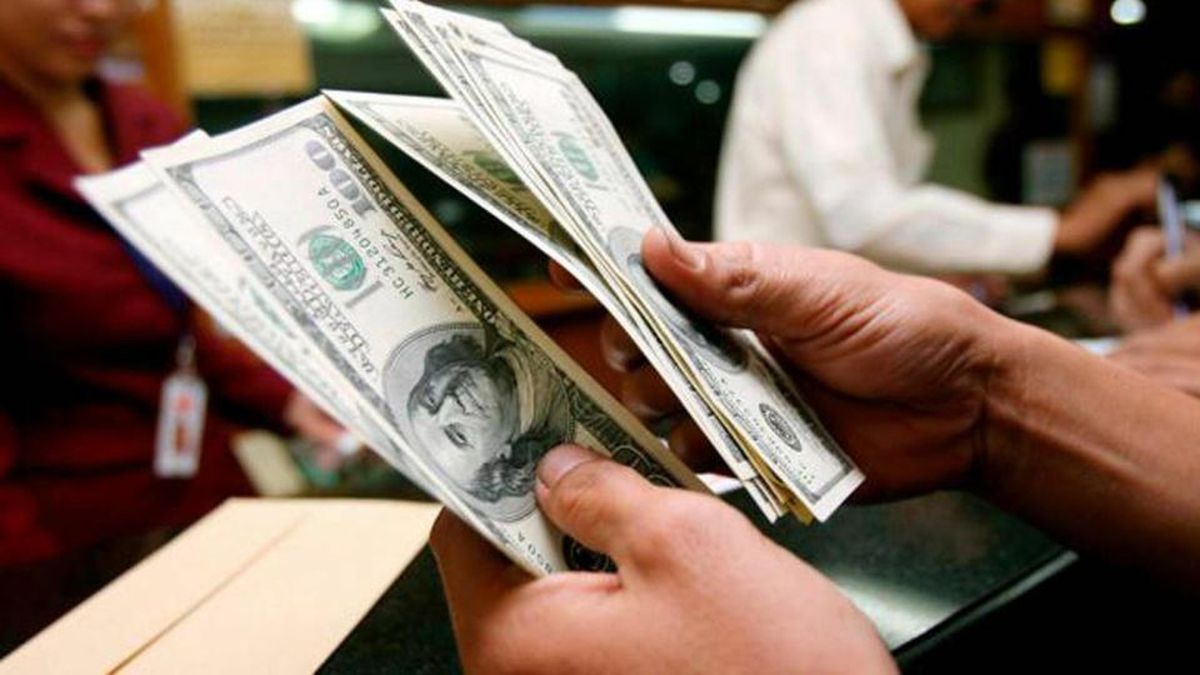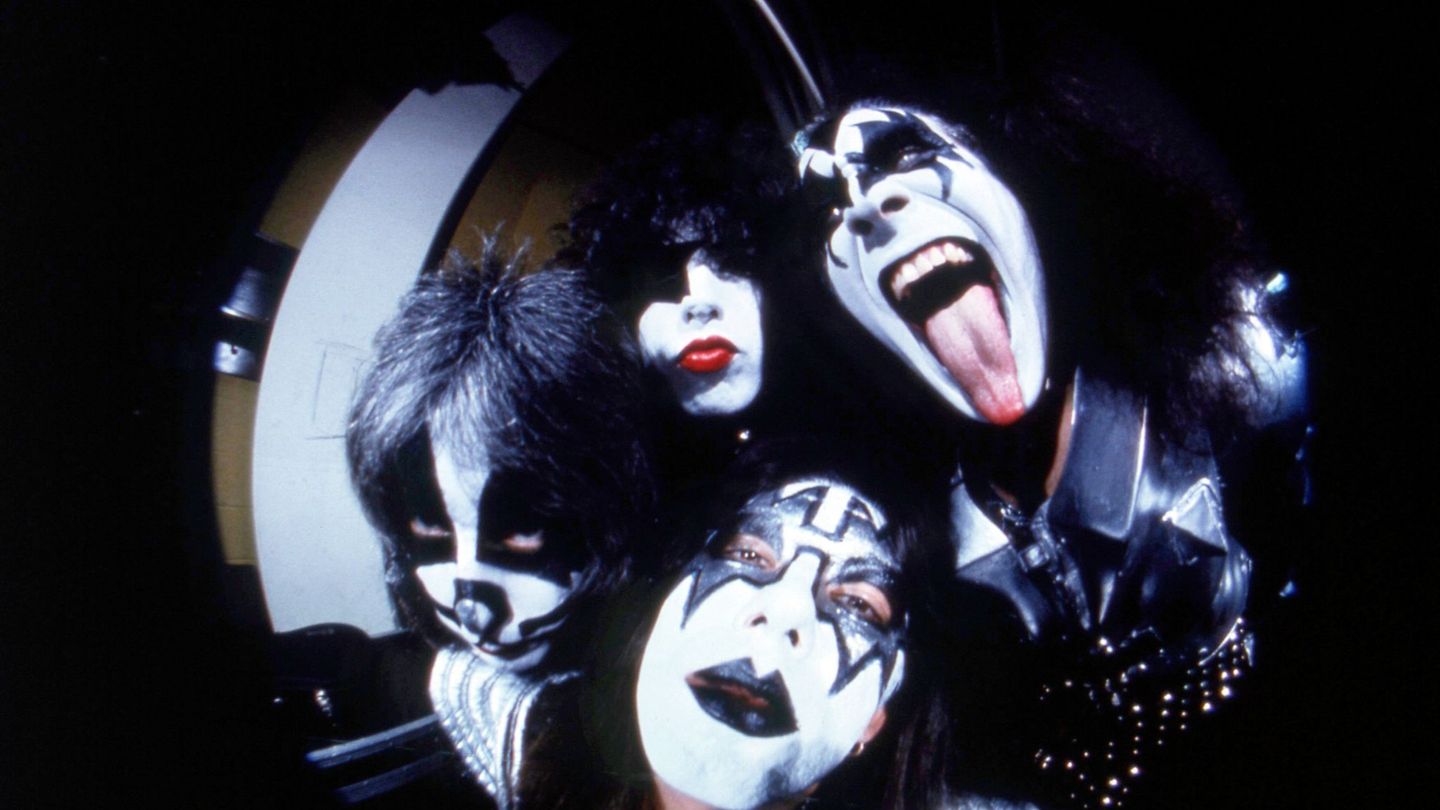The new billing rules that require indirect taxes to be discriminated from the price can also generate a chilling effect. “exchange transparency” in case the merchant decides to make an invoice in dollars.
And if this modality were used to register a sale, If you don’t want to lose money paying higher taxes, businesses would have to use the lowest possible exchange rate.
This is due to the new tax transparency rules. When the seller invoice in foreign currency you will have to use the Banco Nación exchange rate selling rate of the previous day to settle the VAT associated with that sale. That dollar is worth about $1,060.
The seller can use another exchange rate. You can arrange with your client the MEP dollar, or the blue. If you use the official one you would have to ask for a higher price in foreign currency if you want to continue getting the same pesos.
The case would be that of someone who buys a appliance that costs $1,000,000. If the trade Banco Nación exposes it to the dollar, it will be worth US$943. But if the client wants to be quoted at MEP dollar would have to be worth about US$843 and if you want it to be quoted at blue, it would have to be US$809.
Between the MEP value price of the product and the exchange rate that the business has to take to settle the taxes on its invoice in foreign currency, there is a difference of US$100 and if taken with “street dollar” would be up to US$134.
For one million pesos, the VAT credit in favor of the seller is $210,000. If the merchant takes the dollars to blue $809, When you have to pay the VAT to the official, the credit that will obtain from that operation will be $180,083. That is to say, you would be losing $29,916.
The options left to the trader is to put the higher dollar price if you want to get the same tax credit.
Otherwise, in the example, You will be able to receive US$809, sell them in the blue, accumulate $1,000,000 and thus obtain the VAT credit for $210,000. YesIf the seller accepts an exchange rate above the official one, he will have no incentive to invoice in that currency product of the evident delay in the exchange rate.
Initially, some assume that The small neighborhood business is not even going to get involved with this. It would be a complication. You would have to have small bills to give change. The amounts that would be handled are very low.
The system then is likely to work for large chains of all types and should govern the “cheapest dollar” principle. And that will show that the price of the official dollar is behind schedule.
Tourist feeling
In fact, by enabling billing in foreign currency, the Government is going to reproduce the same sensations that a Uruguayan tourist can have who visited Buenos Aires in January 2024 and now returns in 2025. A year ago everything was given in dollars and now it is expensive.
The situation may lead the business to add a new business: that of buying and selling dollars. It is likely that some will try to quote a little above the market value, as a promotion in favor of the client.
Source: Ambito
David William is a talented author who has made a name for himself in the world of writing. He is a professional author who writes on a wide range of topics, from general interest to opinion news. David is currently working as a writer at 24 hours worlds where he brings his unique perspective and in-depth research to his articles, making them both informative and engaging.




